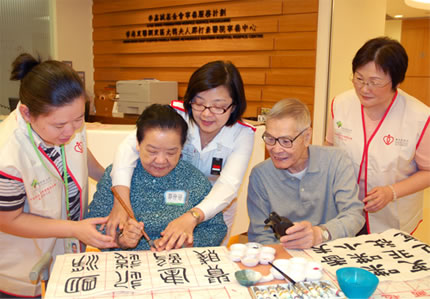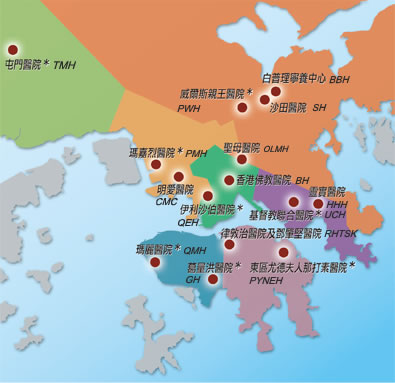 ife is precious, yet finite. While each individual's life journey is unique, for all of us it is a passage from the cradle to the grave. And although not all diseases are curable, it is always the mission of healthcare professionals to prolong the life of their patients and enhance its quality by providing care that is appropriate to their needs and to the stage of their disease. Even when death is inevitable, it is still possible to comfort and provide palliative care to a patient. A life that is threatened by dying and death is no less precious than any other, and with quality care it is no less meaningful. ife is precious, yet finite. While each individual's life journey is unique, for all of us it is a passage from the cradle to the grave. And although not all diseases are curable, it is always the mission of healthcare professionals to prolong the life of their patients and enhance its quality by providing care that is appropriate to their needs and to the stage of their disease. Even when death is inevitable, it is still possible to comfort and provide palliative care to a patient. A life that is threatened by dying and death is no less precious than any other, and with quality care it is no less meaningful.

For this reason, the HA started to provide palliative care services more than a decade ago. The scope of these services includes hospital oncology centres, palliative care centres, cancer patients' resources centres and community education, as well as volunteer services.
|
 |
According to Dr Daisy Dai, Chief Manager of Primary and Community Services, the objective of palliative care services is to relieve both the physical and psychological suffering of terminally-ill cancer patients, so as to improve their quality of life. "We take care of the physical, psychological, social and spiritual needs of a patient from diagnosis onwards. And, depending on the preferences of the patient and his or her family members, as well as the patient's condition, healthcare staff will provide appropriate treatment for the patient at different stages. Supported by multidisciplinary professionals including palliative care specialists, oncologists, nurses, physiotherapists, occupational therapists, social workers, psychologists and volunteers, our palliative care services provide appropriate treatment for patients as well as their family members."

From the early simple hospitalisation model, the HA now has 15 hospitals that provide palliative care services; and it manages 10 palliative care centres, six oncology centres, and eight hospice centres sponsored by the Li Ka Shing Foundation (LKSF).
Dr Doris Tse, Caritas Medical Centre's Chief of Service (Medicine & Geriatrics/Intensive Care Unit), has been a leading pioneer in the development of palliative care in Hong Kong. She believes one can judge how advanced a society is by its palliative care. "Hong Kong has been doing very well. Palliative care started here as early as 1982, and we have now begun to look after non-cancer patients as well. Support from both public and private organisations is important in promoting death education and our palliative care services too."
 |
 |
Volunteers give psychosocial support to patients and their families. |

Volunteers play an indispensable role in palliative care services. Their support exemplifies mutual love as well as the public's care for terminally-ill patients. Ms Daisy Wong, Cluster Services Coordinator (Community Services) of the Hong Kong East Cluster and Department Manager (Community & Patient Resource Department) of the Pamela Youde Nethersole Eastern Hospital, says: "Their role is important, because the support of non-medical people means there are people in the community who care about terminally-ill patients. In addition, the LKSF's involvement has given the HA a good opportunity to review and intensify its volunteer service in palliative care."
Last year, the HA recruited and trained a team of Palliative Care Service Ambassadors. Ms SF Yang, Ward Manager of the Pamela Youde Nethersole Eastern Hospital Oncology Centre and the Integrated Palliative Day Care Centre at Ruttonjee and Tang Shiu Kin Hospitals, was a member of the team who designed the training course and instructed its trainees. "Medical professionals and social workers were invited to teach the Ambassadors palliative care, carers' techniques, and life and death education. I was deeply impressed by the serious way the volunteers studied, and was also happy that the course gave them a sense of satisfaction." 

|

|
 |
* Hospitals with hospice centres established under the LKSF "Heart of Gold" Hong Kong Hospice Service Programme |
|
|

